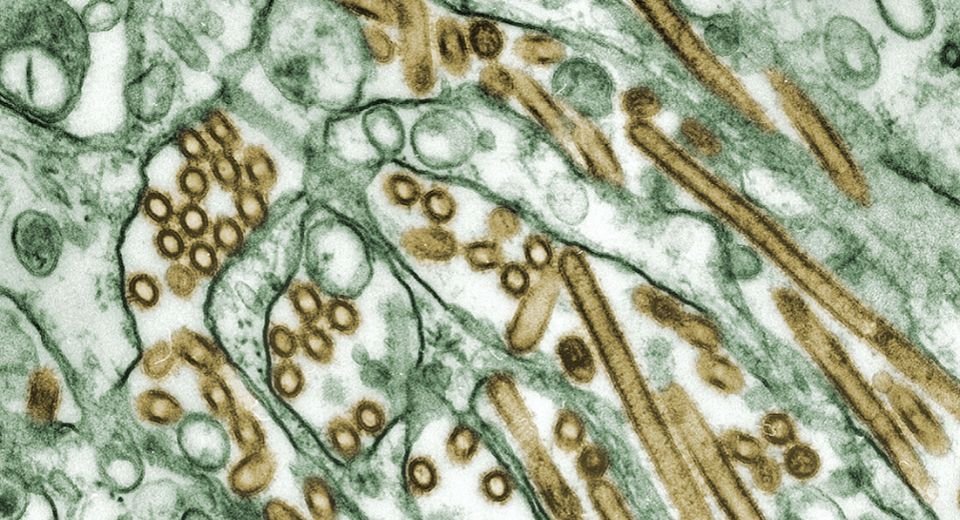HQ Team
September 4, 2023: Dengue has claimed the lives of 569 people in Bangladesh since it started in the last week of April, making it the largest outbreak the South Asian nation has ever witnessed.
A total of 119,133 cases was reported from all 64 districts in the South Asian nation as of August 27.
“This makes it the largest outbreak of dengue ever reported in the country in terms of the number of reported cases, including deaths and the nationwide spread,” according to the WHO.
“The scale, urgency and seasonality have also brought additional pressure on the health system.”
Endemic
Dengue is endemic in Bangladesh with yearly increases and peaks in the reported number of cases and deaths around the monsoon season.
A rapid response plan has been drafted by WHO with the contributions of the country’s Directorate General of Health Services and partner agencies by identifying current gaps and challenges.
The response plan provides “activities by pillars and timeline” for implementation by the government and partners.
The WHO will provide support to Management Information Systems on capacity building for data management officials and their supervisors.
Data improvement
The global health agency will conduct coordination meetings with different stakeholders, and support the improvement of data quality through standardised indicators and continuous reporting of the sentinel sites.
So far this year, the most affected division is Dhaka (61%) followed by Chattogram division (14%) and Barisal division (11%), according to the WHO statement.
Underlying causes of death until August 27 were dengue shock syndrome (64%), expanded dengue syndrome (23%), dengue haemorrhagic fever (9%) and dengue fever with comorbidities (4%).
The highest number of cases was observed among the younger age group of 16-30 yrs (42%) and the highest number of deaths occurred among 16-45 yrs (50%).
Males represent 62% of the total reported confirmed cases and females represent 58% of the reported deaths.
Rohingya camps
Rohingya camps have recorded a cyclic and recurrent upsurge of dengue fever since the last quarter of 2021, leading to an endemic transmission in three years.
The current upsurge in reported cases in the camps started in July this year.
Dengue or break-bone fever, is a viral infection caused by the dengue virus, transmitted to humans through the bite of infected mosquitoes. About half of the world’s population is now at risk of dengue with an estimated 100–400 million infections occurring each year.
Dengue is mostly found in tropical and sub-tropical climates worldwide, mostly in urban and semi-urban areas.
While many dengue infections are asymptomatic or produce only mild illness, the virus can occasionally cause more severe cases and even death, according to the WHO.
Prevention and control of dengue depend on vector control. There is no specific treatment for dengue/severe dengue, and early detection and access to proper medical care greatly lower fatality rates of severe dengue.








